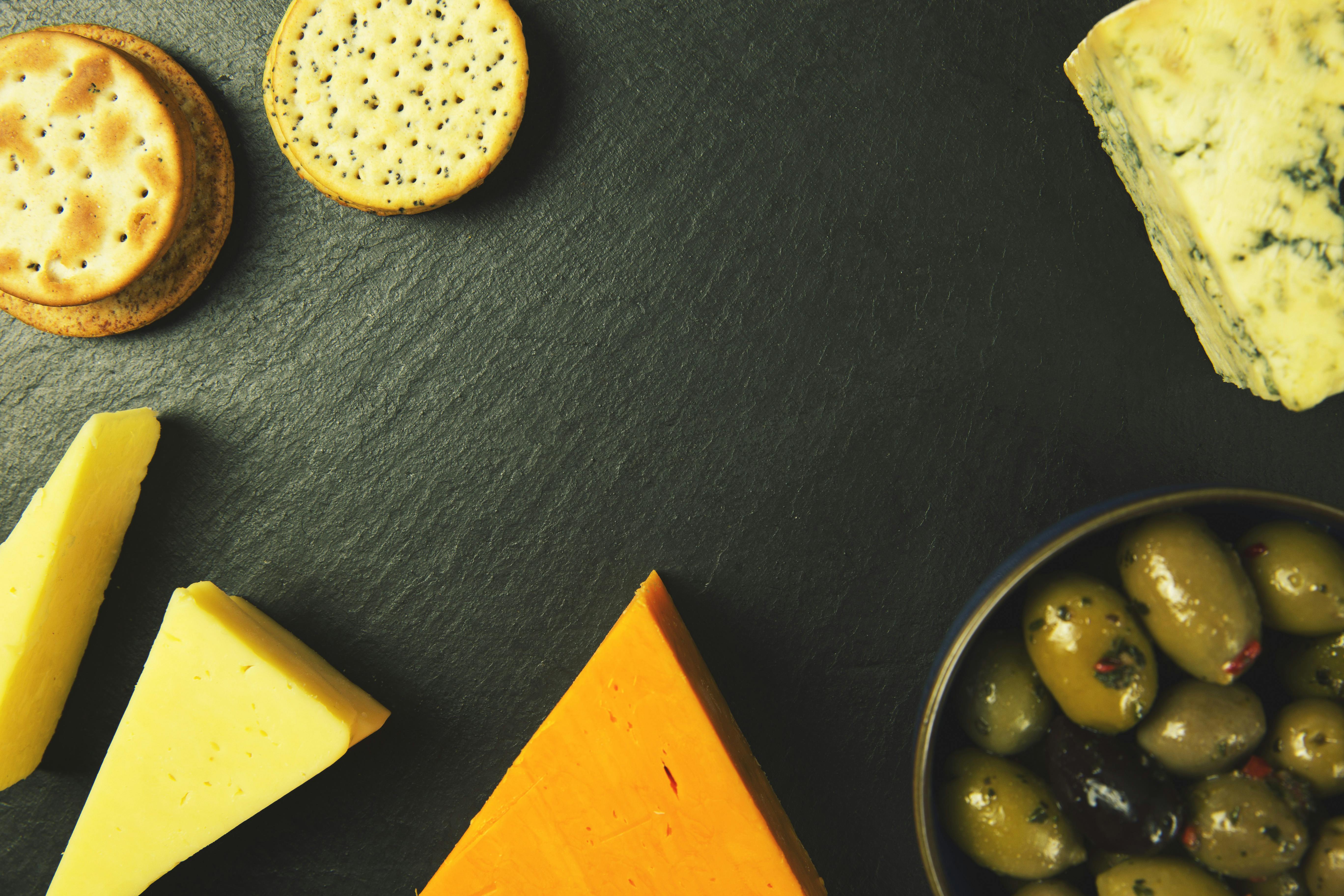Effective Diet Plan for Insulin Resistance: Essential Steps to Optimize Health in 2025

Effective Diet Plan for Insulin Resistance
Insulin resistance is a condition that affects how your body processes glucose, leading to higher blood sugar levels and potential weight gain. With the rising incidence of insulin resistance globally, particularly in 2025, having an effective diet plan can significantly impact overall health and the ability to manage this condition. An insulin resistance diet focuses on foods that improve insulin sensitivity and maintain balanced blood sugar levels, aiding in weight loss and overall health improvement.
In this article, we will explore essential steps to optimize health through dietary choices, including various insulin sensitivity foods, low GI meals, healthy fats, and complex carbohydrates. We'll discuss meal timing, portion control, and hydration tips that are crucial for insulin resistance management. Furthermore, we will provide practical meal prep strategies, including delicious snacks and breakfast ideas that fit within this dietary framework.
By following this guided meal plan and incorporating lifestyle changes, you'll be better equipped to manage your insulin resistance effectively. Let’s delve into the fundamental components of a successful diet plan.
Understanding Insulin Resistance: The Role of Diet
Before we dive into meal plans and recipes, it's important to understand insulin resistance and its relationship with diet. Insulin resistance occurs when cells in your body don't respond well to insulin, a hormone that regulates blood sugar levels. This condition often leads to type 2 diabetes if not managed properly.
The role of diet in managing insulin resistance cannot be overstated. Foods rich in fiber, healthy fats, and lean proteins can help improve insulin sensitivity. Moreover, understanding the glycemic index (GI) of foods is vital. Low GI foods, which are digested slowly, release glucose more gradually into the bloodstream, helping to maintain stable blood sugar levels.
Research indicates that diets emphasizing whole grains, healthy fats like omega-3 fatty acids, and plenty of vegetables can mitigate insulin resistance. Additionally, understanding the types of carbohydrates consumed, such as complex carbohydrates compared to simple sugars, can make a significant difference in blood sugar management.
The Importance of Dietary Choices
Making intentional food choices is essential for managing insulin resistance. Emphasizing high-fiber foods can aid digestion and help regulate blood sugar levels. Foods like legumes, whole grains, and a variety of fruits and vegetables should be staples in an insulin resistance diet.
Healthy fats should not be overlooked. Incorporating sources like avocados, nuts, seeds, and olive oil can enhance insulin sensitivity and contribute to overall hormonal balance. It is crucial to limit the intake of saturated and trans fats generally found in processed foods.
For those battling insulin resistance, consistent meals that include protein sources such as chicken, fish, beans, and legumes are integral. These proteins help with satiety and prevent the quick spikes in blood sugar commonly associated with high-carb meals.
Meal Timing and Portion Control
Meal timing and portion sizes play a vital role in managing insulin resistance. Eating regular meals and snacks throughout the day can help maintain stable energy levels while preventing extreme dips and spikes in blood sugar. Most nutritionists recommend a balanced approach, spacing meals every 3-4 hours while listening to hunger cues.
Portion control also contributes to successful weight management. It’s essential to be mindful of serving sizes, especially with carbohydrates, to prevent excessive calorie intake. Utilizing measuring cups or simply being aware of portion sizes can aid in keeping your diet aligned with your health goals.
Hydration and Its Impact on Insulin Sensitivity
Staying adequately hydrated is often overlooked in dietary discussions, yet it plays a critical role in blood sugar control. Water assists in the transport of nutrients, the regulation of body temperature, and the maintenance of kidney function, all of which are crucial for optimal metabolic processes.
For those managing insulin resistance, herbal teas or infusions can be beneficial too. They may offer anti-inflammatory properties that further assist in improving insulin sensitivity. Limiting sugary drinks, including sodas and fruit juices, is also essential as they can cause rapid spikes in blood glucose levels.
Implementing an Insulin Resistance Meal Plan
As we move toward practical solutions, implementing a tailored meal plan becomes pivotal for those diagnosed with insulin resistance. Structuring this plan around diverse food options ensures nutritional needs are met while fostering insulin sensitivity. Below are some essentials to consider during meal plan creation.

Breakfast Ideas for Insulin Resistance
Breakfast sets the tone for the day, making it essential for those with insulin resistance to start with a balanced meal. Options such as oatmeal topped with berries and nuts provide fiber and healthy fats. Another excellent choice is scrambled eggs with spinach and whole-grain toast, which supports feeling full longer and stabilizes blood sugar.
For a quick option, consider protein shakes blended with greens or low-sugar fruits. These can be a nutritious and convenient way to start your day without excess carbohydrates that impact blood sugar levels negatively.
Lunch and Dinner Meal Suggestions
Lunch and dinner should continue to feature whole foods and healthy ingredients. A salad full of assorted vegetables, topped with grilled chicken and a homemade vinaigrette made from olive oil, can make for a fulfilling meal. Moreover, nourishing meals like quinoa bowls with black beans, sweet potato, and various vegetables can provide essential nutrients without complicating insulin management.
Lean proteins, such as fish or legumes, paired with non-starchy vegetables, should dominate dinner plates. These combinations not only support insulin sensitivity but also prevent hunger that often leads to unhealthy snacking later.
Healthy Snacking Options
In between meals, having healthy snacks available can deter unhealthy cravings. Consider intrinsic snacks that promote healthy eating habits, such as vegetable sticks with hummus, Greek yogurt with nuts, or a small handful of berries. These options help maintain blood sugar levels and provide essential nutrients to the body.
It’s vital to avoid highly processed snacks, which often contain sugars and unhealthy fats that can exacerbate insulin resistance. Choosing whole food snacks ensures a longer-release energy source and better overall nutrient absorption.
Understanding the Role of Exercise in Insulin Resistance Management
While diet is essential, combining it with regular physical activity amplifies the positive effects on insulin sensitivity. Exercise helps cells respond better to insulin, significantly enhancing blood glucose uptake and contributing to weight loss.

Types of Exercises Beneficial for Insulin Resistance
Both aerobic and resistance training exercises can help improve insulin sensitivity. Aerobic exercises, such as walking, cycling, or swimming, should be performed at least 150 minutes per week. This consistent activity can help reduce body fat while improving cardiovascular health.
Resistance training, such as weight lifting or bodyweight exercises, should also be integrated at least twice a week. Building muscle helps the body burn more calories at rest and improves glucose metabolism.
The Significance of Rest and Recovery
Incorporating sufficient rest and recovery is often forgotten but plays a significant role in insulin resistance management. Lack of sleep can adversely affect hormone balance, leading to increased insulin resistance. It's recommended to aim for 7-9 hours of quality sleep per night to promote health and well-being.
Integration with Mindfulness and Behavior Modifications
Mindful eating practices can be effective in managing cravings and preventing binge eating episodes. Paying attention to hunger cues and enjoying meals free from distractions can enhance satisfaction, leading to better adherence to dietary plans.
Also, consider integrating behavioral modifications like stress management techniques. Activities such as yoga or meditation can help alleviate stress, which negatively impacts insulin resistance.
Conclusion: Taking Action Towards Better Health
Embracing an effective diet plan for insulin resistance involves not only understanding the fundamental dietary guidelines but also committing to lifestyle changes that promote overall health and well-being. By focusing on whole, nutrient-dense foods, maintaining regular meal timings, and pairing these with physical activity, you can enhance your insulin sensitivity while enjoying delicious meals.
As you embark on this journey towards optimized health, remember that personalization in your meal planning is vital. Consult with healthcare professionals or nutrition experts to tailor your instructions to your specific needs. Taking these essential steps now will enhance your health in 2025 and beyond.
Q&A Section
What are insulin resistance symptoms?
Common symptoms include fatigue, increased hunger, weight gain, and frequent urination. If you suspect you are experiencing these, consult a healthcare provider for evaluation and recommendations.
How does meal timing affect insulin resistance?
Eating regular meals and snacks helps manage blood sugar levels. Spacing meals every 3-4 hours and avoiding large gaps can help maintain stability in energy levels.
What foods should be avoided on an insulin resistance diet?
Processed foods, high-sugar snacks, and refined carbohydrates should be limited, as they can lead to spikes in blood sugar and worsen insulin resistance.
Can exercise help with insulin resistance?
Yes! Regular physical activity improves insulin sensitivity, promotes weight loss, and boosts overall health, making it an integral part of managing insulin resistance.
Are there specific supplements beneficial for insulin resistance?
Some supplements may help improve insulin sensitivity, including omega-3 fatty acids, chromium, and vitamin D, but always consult with a healthcare provider before starting any new supplements.